Home >Technology peripherals >AI >Read the smart car driver monitoring system in one article
Read the smart car driver monitoring system in one article
- 王林forward
- 2023-04-11 20:07:012220browse
Driver Monitoring System, abbreviated DMS, is the abbreviation of English Driver Monitor System, that is, driver monitoring system. It mainly realizes the functions of driver identification, driver fatigue driving and dangerous behavior detection.
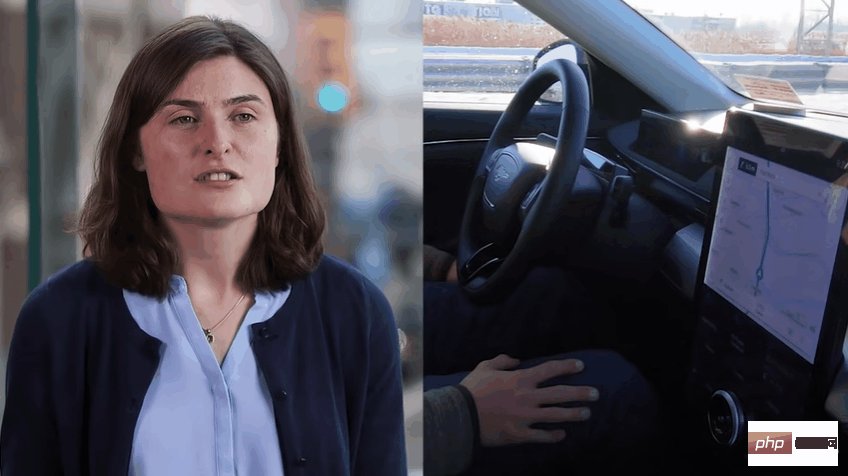
Ford DMS System
01 Regulations With blessing, DMS has entered the fast lane of development
In the L2-L3 level autonomous driving that has begun mass production at this stage, it can actually only be implemented under specific conditions. In many cases The driver is required to take over the vehicle in time for disposal. Therefore, when drivers trust autonomous driving too much and give up or weaken control over the driving process, certain accidents may occur. The introduction of DMS-driver monitoring system can effectively alleviate this problem.
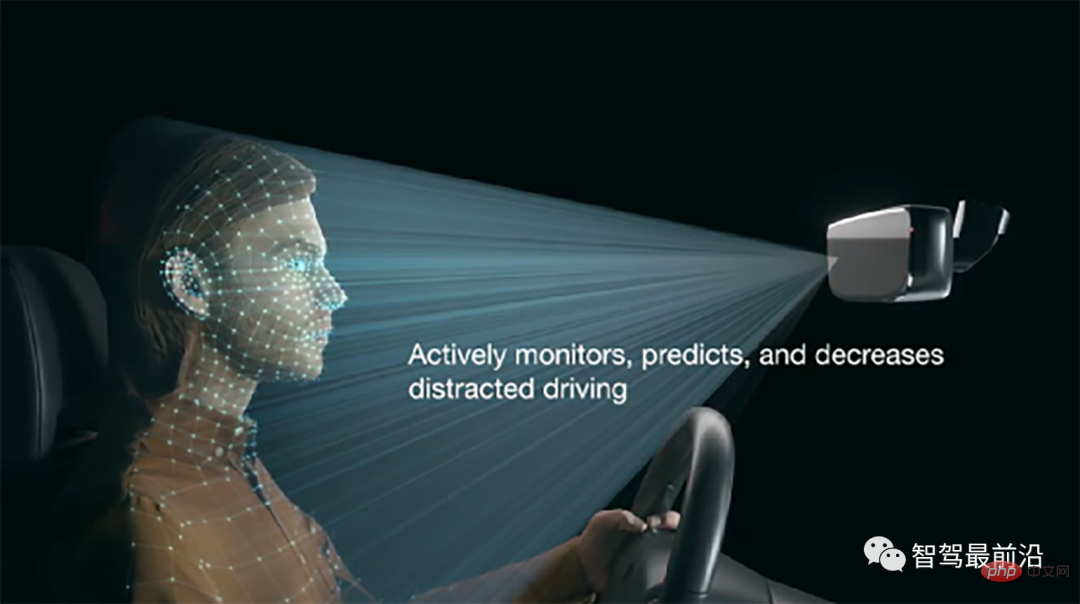
## Magna DMS system, taken from the Magna introduction video
Therefore, in recent years, policies, regulations and other aspects of various countries have begun to promote the introduction of DMS: both the European Union and China have introduced laws and regulations. China has taken the lead in making mandatory requirements for the installation of DMS systems on commercial vehicle models such as "Two Passengers and One Danger", and passenger vehicle mounting requirements are also being formulated. The European Union has included DMS as a key element and a necessary condition for the Euro NCAP five-star safety rating. Almost starting in 2020, the loading rate of DMS systems has increased rapidly, and the industry has entered the fast lane of development.

02 Vision Solution-DMS Technical Solution Introduction
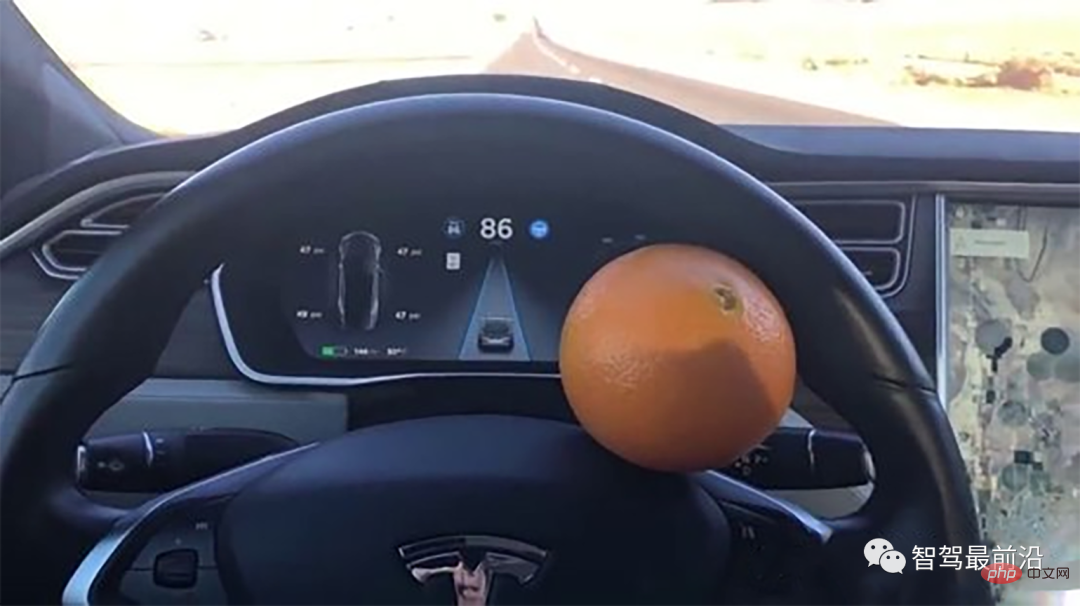
Early DMS may mislead system judgment due to non-intuitive perception. Source, Zhihu Constantine.DC
DMS at this stage are mostly based on camera-based facial recognition and eye tracking technology, collecting driver facial information through infrared light, etc. The algorithm then analyzes the person's current physical state. When it is detected that the driver is in an unsafe state, the driver will be reminded by flashing red light or vibrating the steering wheel. The hardware part of the entire system is composed of a camera integrated cockpit vehicle/domain controller solution; the software part mainly involves AI vision algorithms.
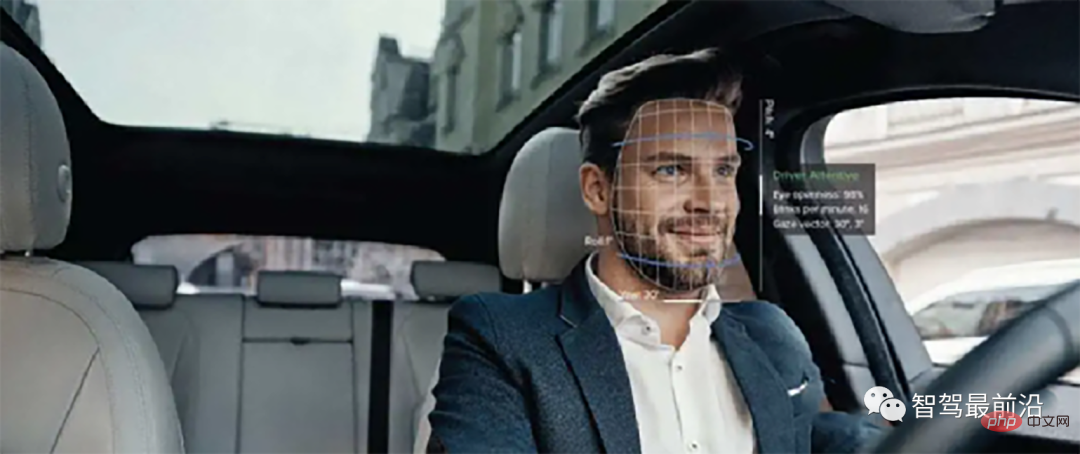
2D/3D camera configuration
Currently, most driver monitoring systems used to detect driver fatigue use lower-cost traditional 2D visible light cameras (with IR infrared cameras). LED).
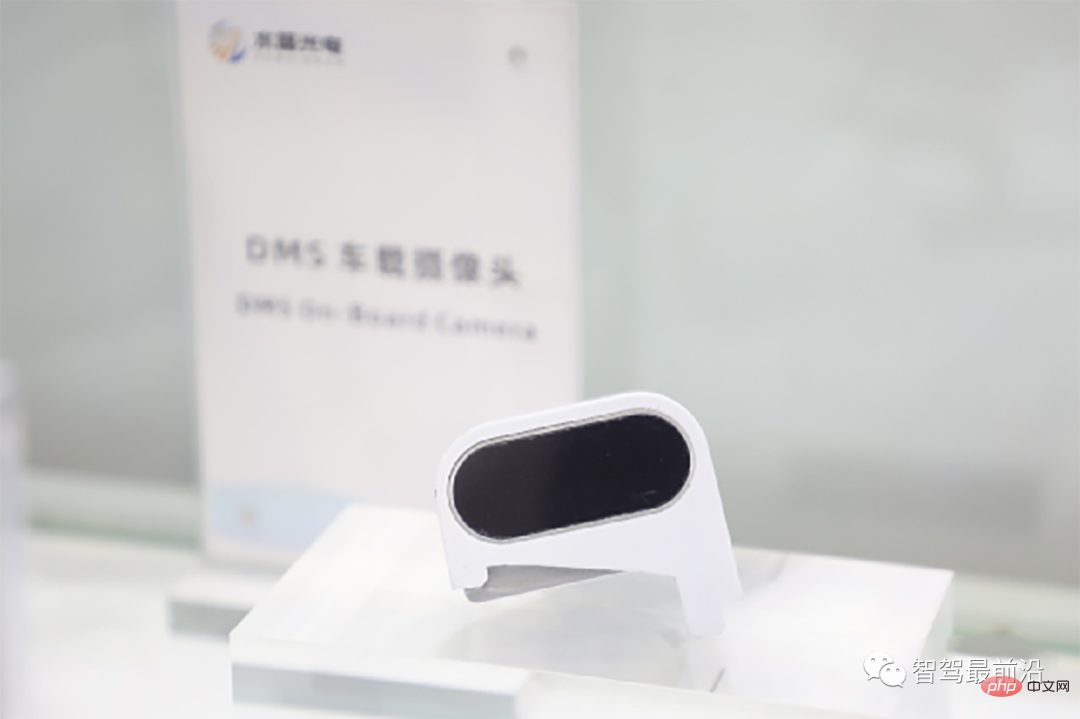

##Introduction to Crystal Optoelectronic DMS Camera
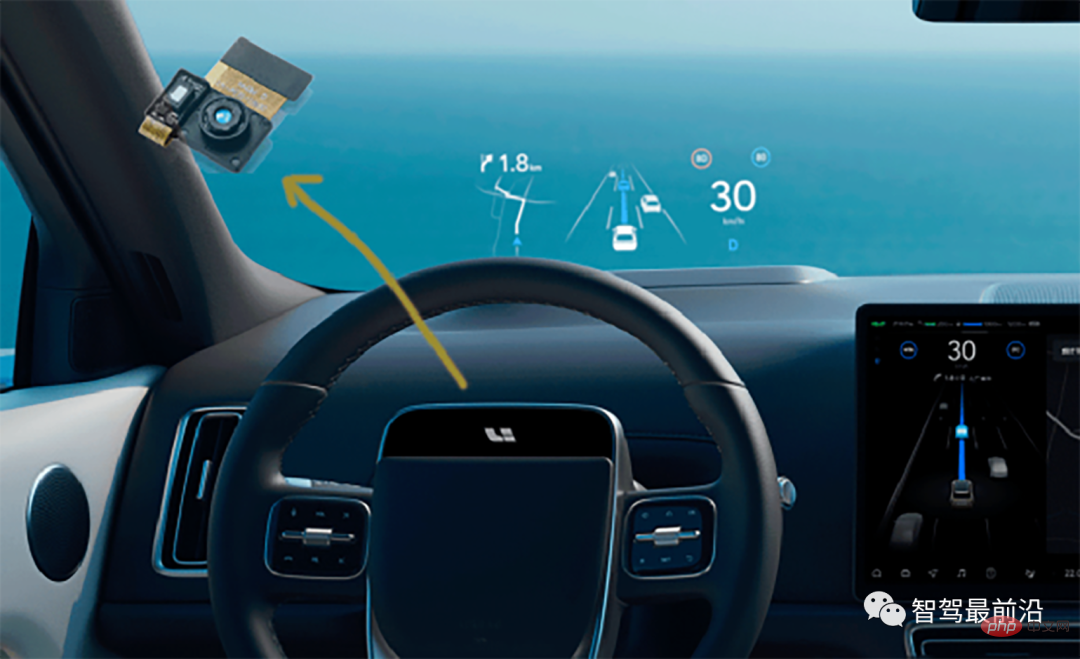
Ideal L9 DMS system
2022, Lideal L9 is equipped with Melexis’ 3D-ToF sensor and applies it to the DMS system. This 3D optical sensing technology using near-infrared light can construct a "depth map" of the driver's head. Through the "depth map", the driver's unique facial features can be accurately analyzed, and its performance far exceeds that of 2D technology. In addition to Melexis, NXP, ams and Osram also have similar technical solution layouts.
Integration of camera
This camera is mainly installed in the position facing the driver, including the rear of the car. View mirror/driving recorder, steering wheel, instrument center control screen and A-pillar, etc. Taking into account the aesthetics of the overall interior, the integration of cameras has also become a topic of great concern.
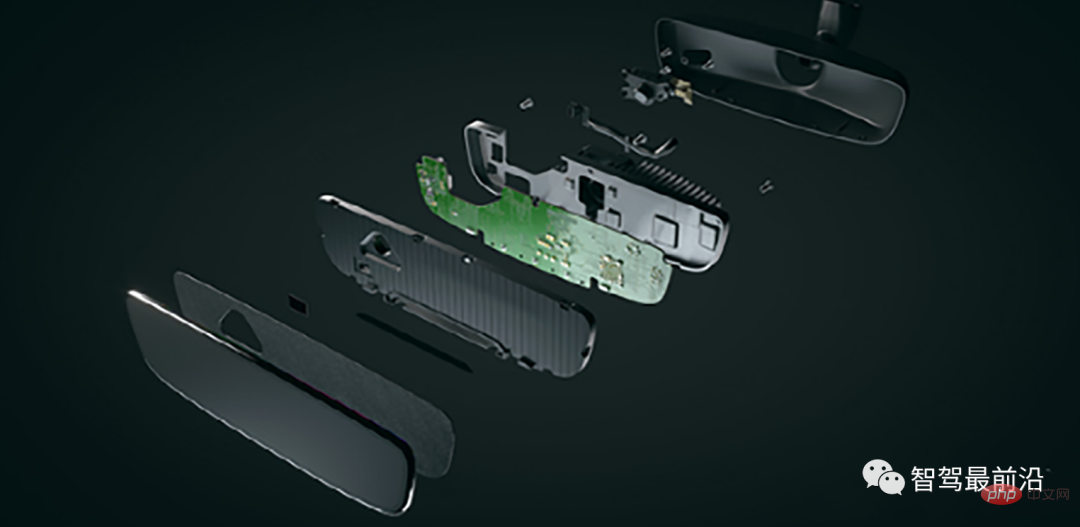
Magna integrates the camera into the rearview mirror
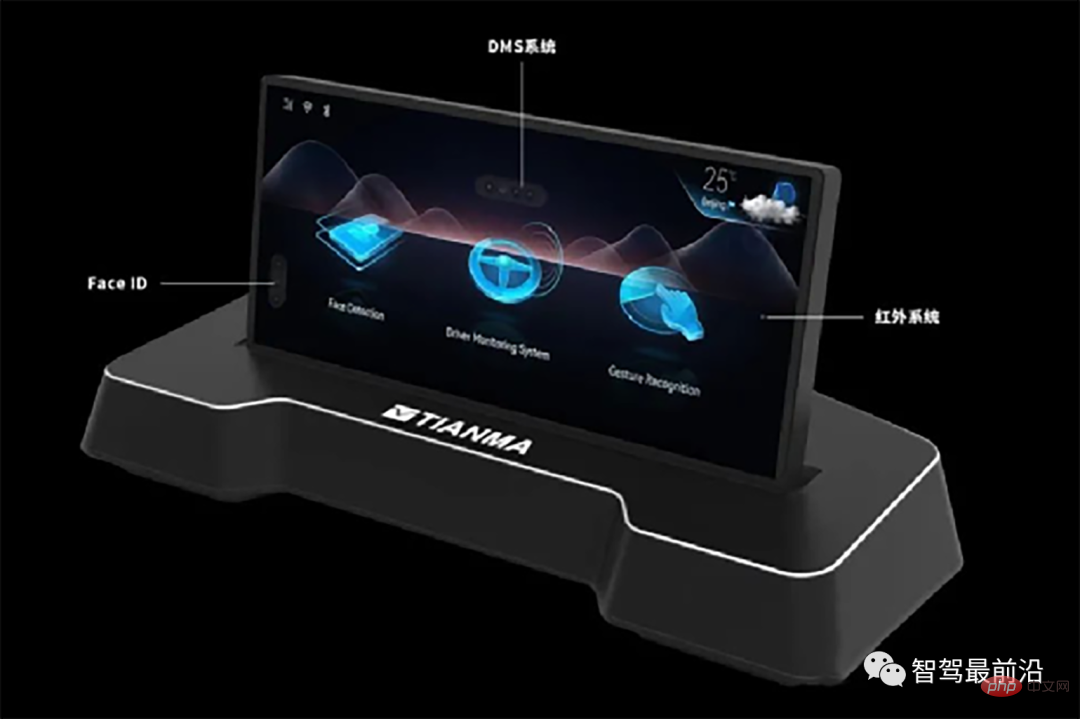
Tianma releases a hole-punch screen that can integrate DMS camera
Function expansion of the DMS system
The basic functions of the driver monitoring system are fatigue monitoring, distraction monitoring, and dangerous behavior monitoring. However, with the introduction of 2D/3D cameras and the development of face recognition algorithms, the DMS system is also integrating the development of autonomous driving technologies such as ADAS, giving rise to some innovative human-computer interaction HMI intelligent scene applications to enhance high-level autonomous driving. /Driving experience in the era of intelligent connected cars.
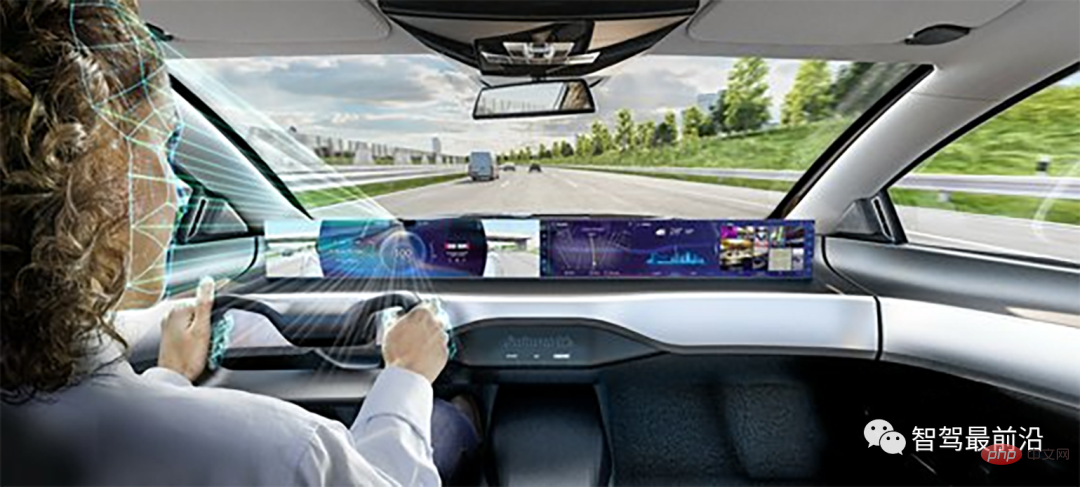
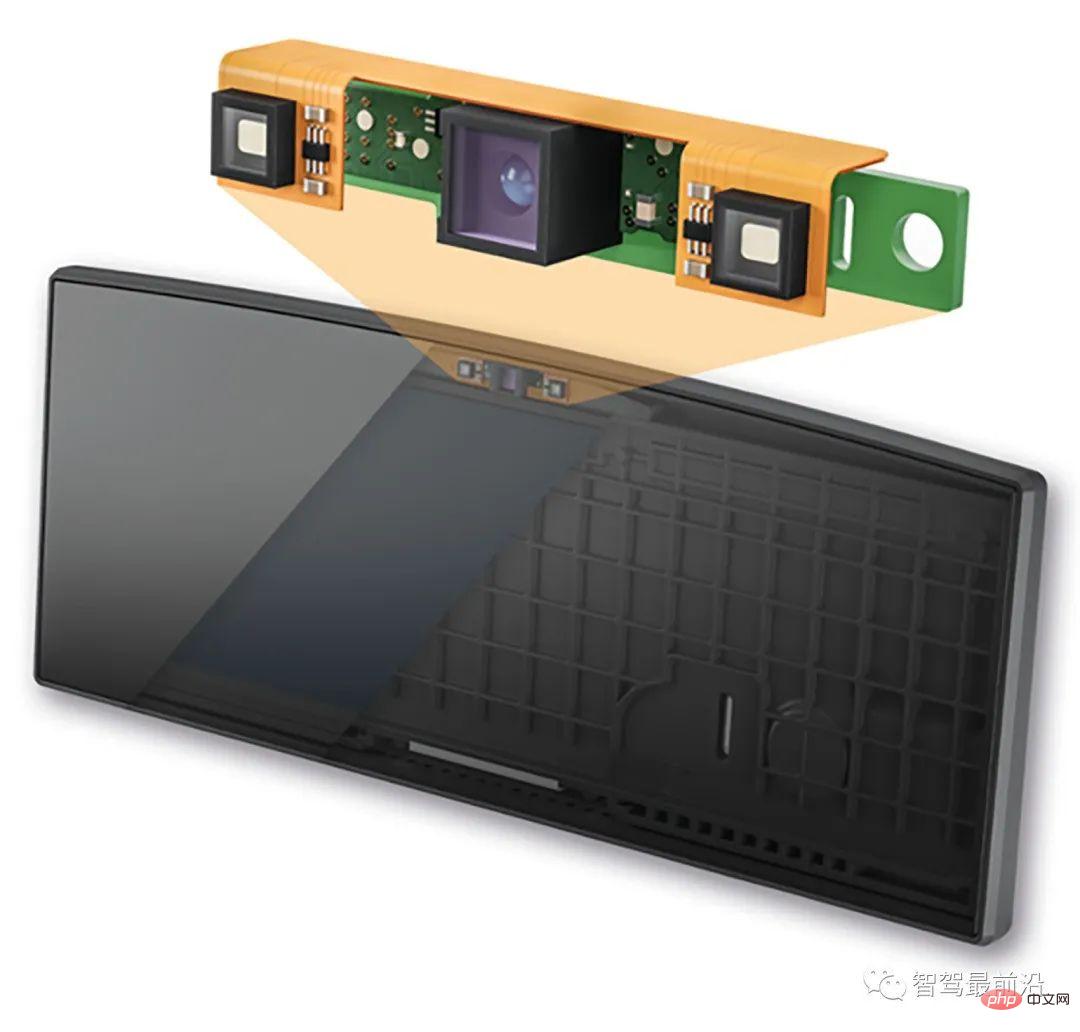
#Continental DMS system, Source Continental official website
#As innovative human-computer interaction sensors, the expansion of these DMS functions is mainly to obtain driver information, thereby further improving new applications in future car cockpits. And achieve a customized experience:
1. Facial identity recognition
When the user approaches the sensor, no action coordination is required , it can quickly complete the live judgment and identity recognition, actively open the car door for the user, adjust the seat position, and quickly log in to the car system to ensure the efficient operation of the cockpit system.The introduction of facial recognition not only improves the driving comfort experience, but also improves vehicle safety, such as anti-theft functions.
2. Eye tracking Use the camera's field of view tracking and head posture tracking technology to identify the area where the driver is looking (the main driver's windshield, the passenger's windshield, the left rearview mirror...). This function can be linked with the current popular HUD head-up display system, which can adjust in real time and provide the driver with a more suitable display. 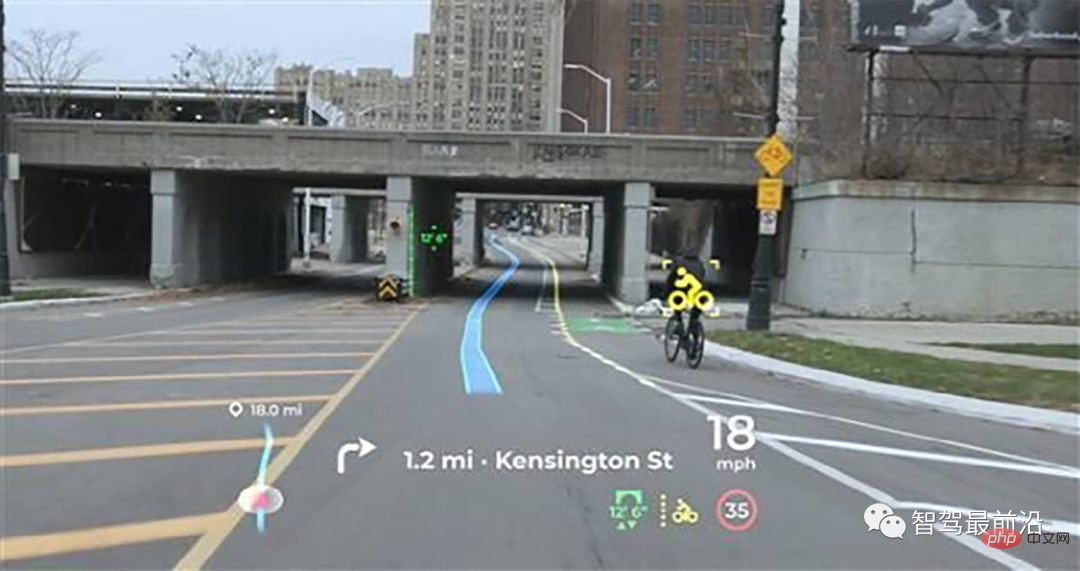
##Panasonic AR HUD
3. Gesture recognition
Gesture recognition, based on visual gesture recognition technology, is connected to the vehicle system, providing a new combination method to complete all functions through the vehicle camera. For example, after making the corresponding gesture, the host will perform operations such as switching songs or muting the sound. The specific definition is defined by each OEM.
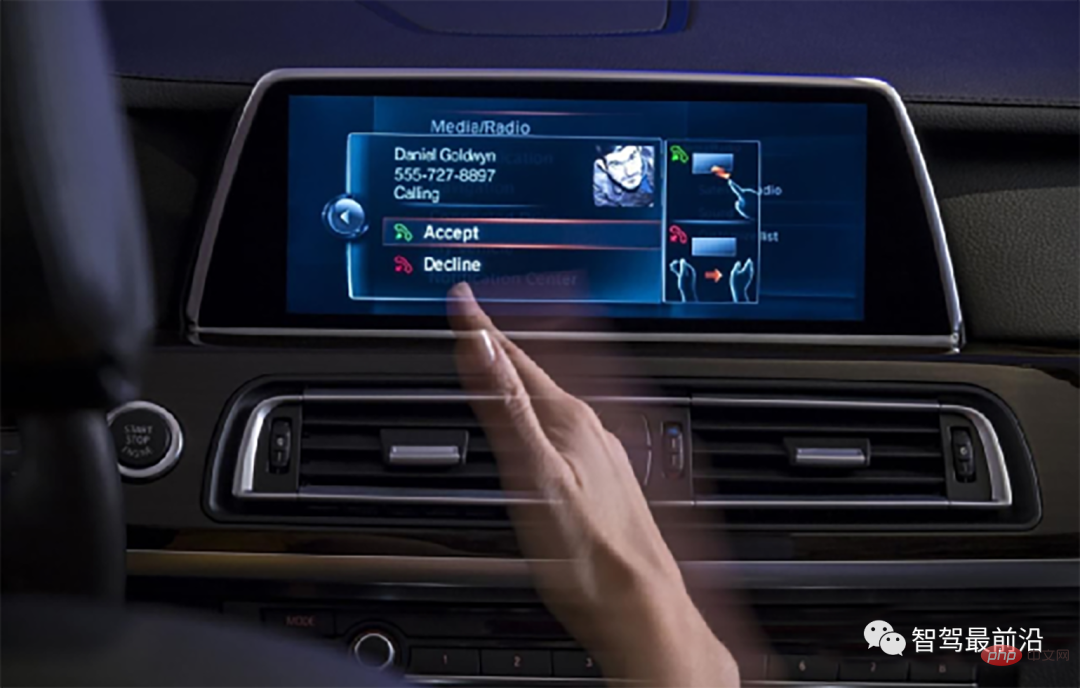
The gesture interaction scheme is a new interaction scheme outside of the traditional touch control scheme and has been used on BMW for many years. This camera can also have certain linkage with the DMS system.
4. Expression recognition, emotion sensing
Through innovative AI algorithms, the driver’s current emotions can be identified. Can be linked to ambient lighting and fragrance systems. This application Toyota demonstrated at CES 2019.
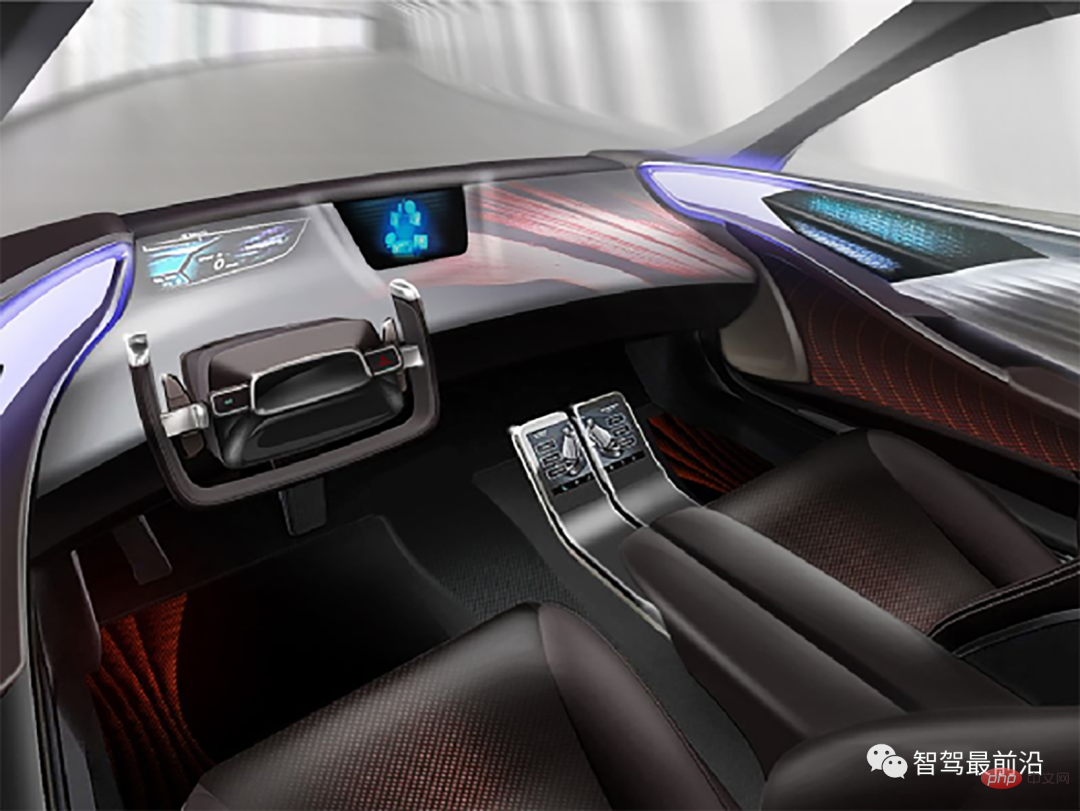
Toyota Boshoku’s AceS Concept
5. Entertainment interaction
Autonomous driving technology developer MINIEYE has innovatively opened up the interactive space between the front and rear rows in its I-CS cockpit sensing mass production solution. With the help of a variety of natural body language interaction methods such as sight, gestures, and head movements, convenient interaction between multiple people and locations can be achieved.
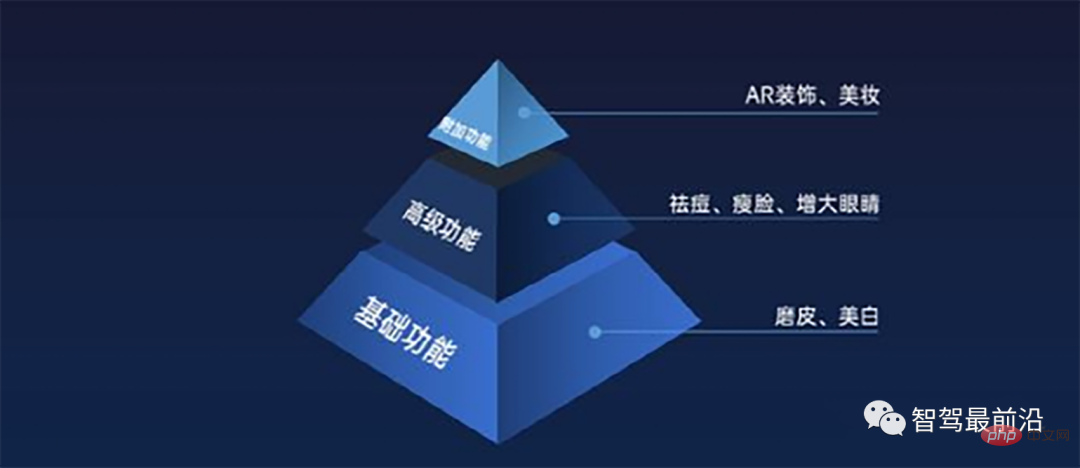
##Photo source MINIEYE
6. Cockpit Occupant Detection OMS
Expand the camera specifically corresponding to the driver to the entire cockpit, which can further improve the overall safety in the car.
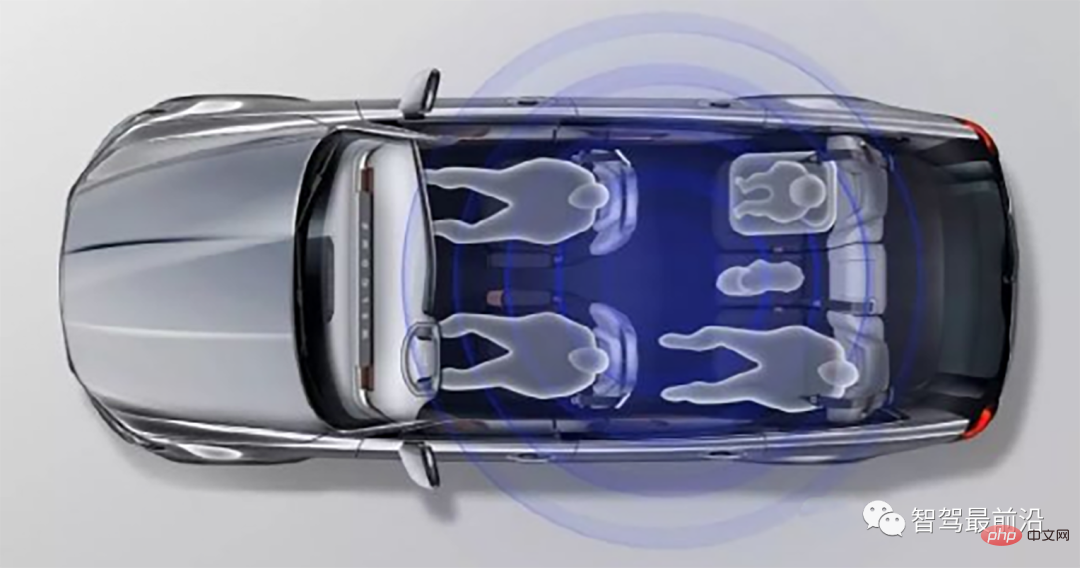
The above is the detailed content of Read the smart car driver monitoring system in one article. For more information, please follow other related articles on the PHP Chinese website!
Related articles
See more- Technology trends to watch in 2023
- How Artificial Intelligence is Bringing New Everyday Work to Data Center Teams
- Can artificial intelligence or automation solve the problem of low energy efficiency in buildings?
- OpenAI co-founder interviewed by Huang Renxun: GPT-4's reasoning capabilities have not yet reached expectations
- Microsoft's Bing surpasses Google in search traffic thanks to OpenAI technology

